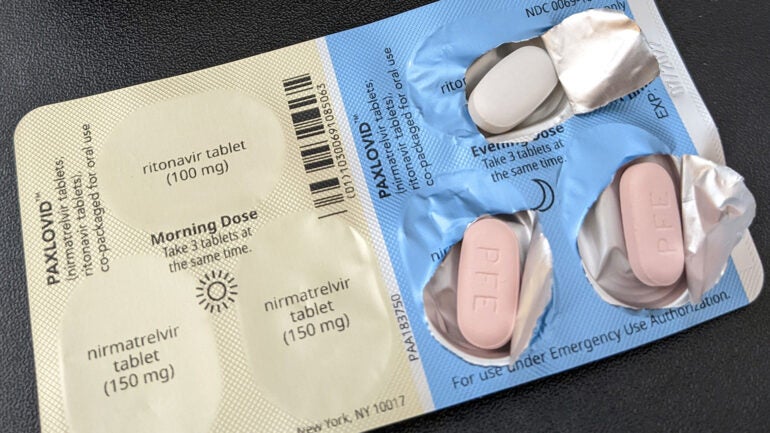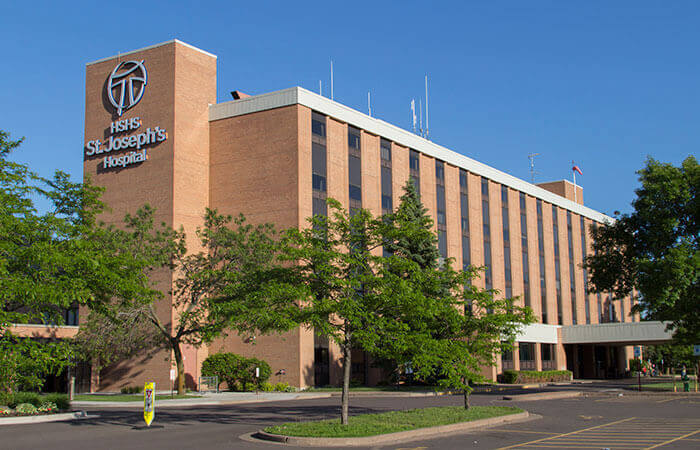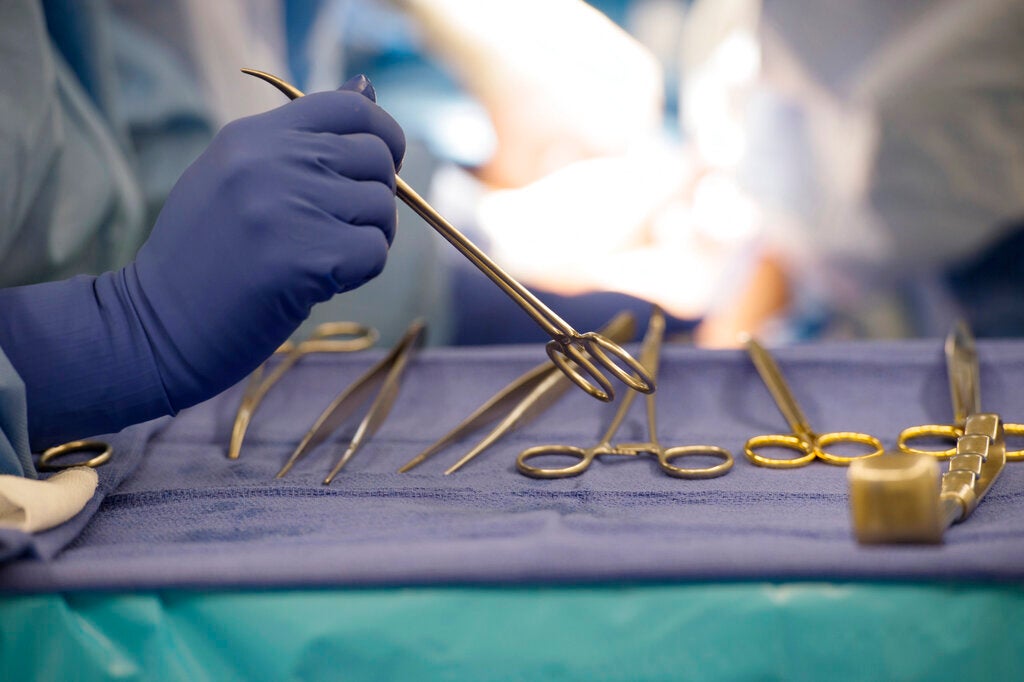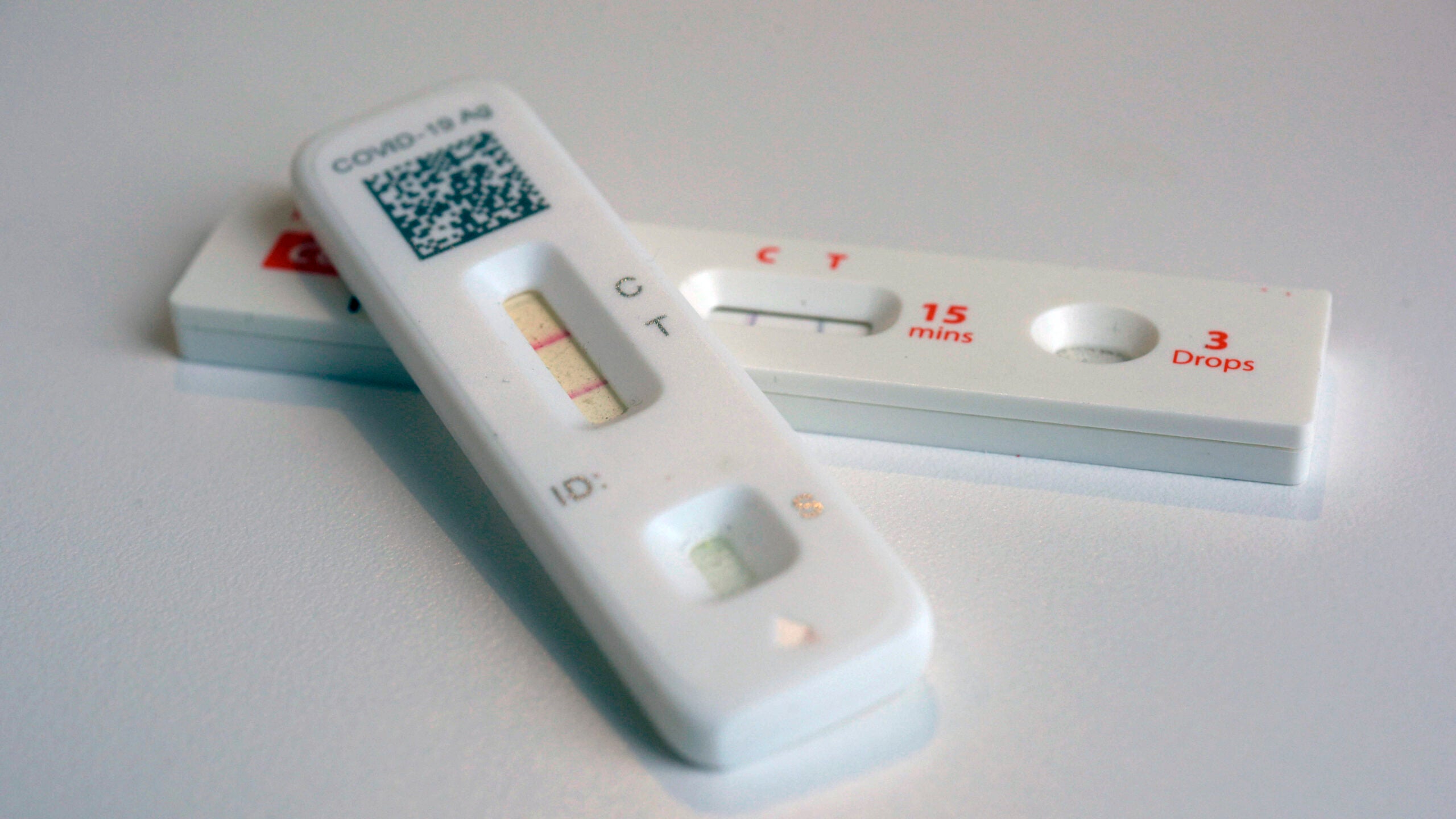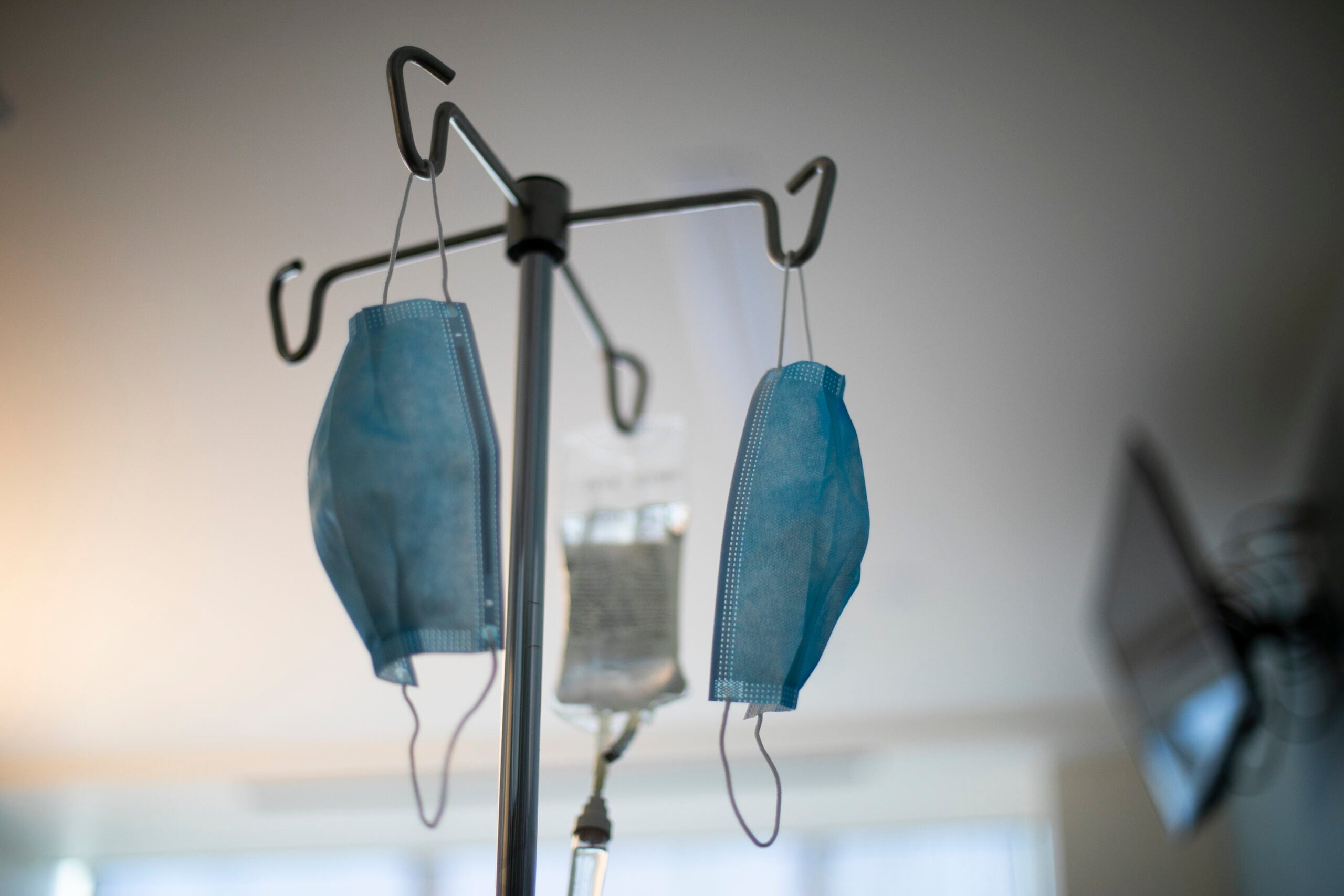Eastern Wisconsin’s largest health care system, Advocate Aurora Health Care, has suspended drive-thru and walk-up COVID-19 community testing in Milwaukee, Green Bay and Kenosha.
The health care provider issued a statement Tuesday saying staff at Aurora Sinai Medical Center, Aurora Bay Care Center in Green Bay and Aurora Medical Center Kenosha were being redirected to provide patient care at the bedside.
“Over the past two months, the number of COVID-19 inpatients across our system and in our Greater Milwaukee region has multiplied by more than five,” according to the statement. “It’s doubled in just the past two-and-a-half weeks. Staffing continues to be a key focus, and we acknowledge it’s getting harder.”
Stay informed on the latest news
Sign up for WPR’s email newsletter.
Advocate Aurora says the system is still conducting “tens of thousands of COVID-19 tests each week” at its urgent and immediate care sites if patients are referred by a provider. Aurora officials also pointed out that Milwaukee, Green Bay and Kenosha offer free testing at community sites.
Milwaukee Mayor Tom Barrett said Advocate Aurora has an obligation to remain a partner with the city and Milwaukee County during the pandemic. Milwaukee’s community clinics, Ascension Wisconsin and Froedtert & The Medical College of Wisconsin are continuing to offer COVID-19 testing, Barrett said.
“We all have an obligation to be part of the testing efforts,” Barrett said. “We can’t do this ourselves.”
On Oct. 19, Milwaukee set up a testing location at Miller Park, which has a daily capacity of 2,000 people. On Tuesday, more than 2,800 people were tested at the site. The Miller Park location replaced two other testing sites.
The city has two other community testing sites open on the north and south sides, and each has capacity for 400 people. On Tuesday, 586 and 528 people were tested, respectively. The south side site recently opened.
“In one day we tested close to 4,000 people,” Barrett said. “We’re all doing more than we can because unfortunately the spike in testing is requiring us to do so. This is not the time to leave the partnership.”
Advocate Aurora did not respond to an additional request for comment.
There were 2,070 COVID-19 patients hospitalized in Wisconsin as of Tuesday, the most there have ever been, according to the state Department of Health Services. A total of 13,230 people have been hospitalized because of the disease, or 4.7 percent of all positive cases, according to DHS.
On Tuesday, Mayo Clinic Health System announced all of its hospital beds in northwest Wisconsin are full as a result of a surge of COVID-19 patients. There are 83 infected patients at locations in the cities of Barron, Bloomer, Eau Claire, Osseo and Menomonie. Administrators said 50 percent of all intensive care unit beds in the region are occupied by COVID-19 patients, as are 40 percent of surgical beds.
At the same time, around 300 Mayo hospital staff are unable to work because of exposure to the virus.
“The public urgently needs to treat COVID-19 as the health emergency it is to prevent the health care system from being overwhelmed,” said a release from the Mayo Clinic Health System. “We need your help and we need it now.”
Wisconsin Hospital Association CEO Eric Borgerding said hospital capacity is stressed across the state as rural areas are hit with sharp rises in COVID-19 patients and the western part of Wisconsin is also seeing a surge.
“It’s really everywhere, and it’s not slowing down,” Borgerding said. “I know it’s an easy way to say everywhere, but that is really the case right now in Wisconsin. We’re seeing COVID positivity go up everywhere. And it’s not rocket science. When you see more cases, you see more impact on the health care system and that’s happening across the state.”
Editor’s note: WPR reporter Rob Mentzer contributed to this report.
Wisconsin Public Radio, © Copyright 2024, Board of Regents of the University of Wisconsin System and Wisconsin Educational Communications Board.


